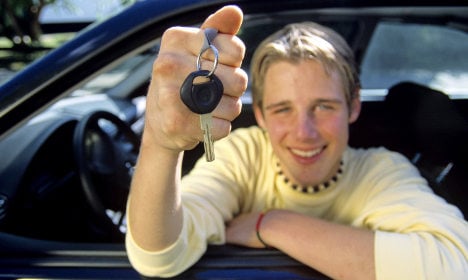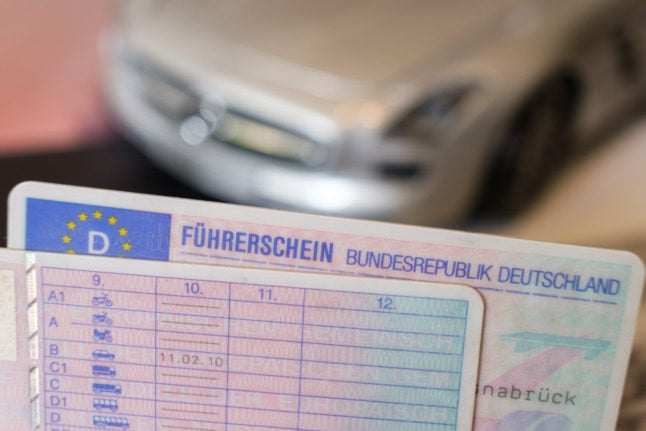The Transport Ministry is drawing up the plans following the example of Austria where the sessions serve to remind beginning drivers of what they are supposed to do and to rid them of any bad habits they might be developing.
The ‘feedback’ session would be undertaken three months after a new driver had got their license according to the plans.
“Austria has achieved good success with the post-test evaluation teaching concept,” Gero Storjohann, Christian Democratic Union transport expert told the paper.
He said young Austrian drivers were involved in 30 percent fewer accidents than their German counterparts.
The concept should be tested in a federal state as soon as possible to see what the practical costs and benefits would be, Oliver Luksic from the Free Democratic Party told the paper.
If the results were positive, the additional check, “should be introduced as mandatory in order to reduce the high numbers of traffic deaths and accident victims among young drivers,” he said.
He said the theory module of the normal driving exam could be streamlined and cheaper insurance policies introduced to prevent the driving exam becoming more expensive.
The Local/hc



 Please whitelist us to continue reading.
Please whitelist us to continue reading.
Member comments